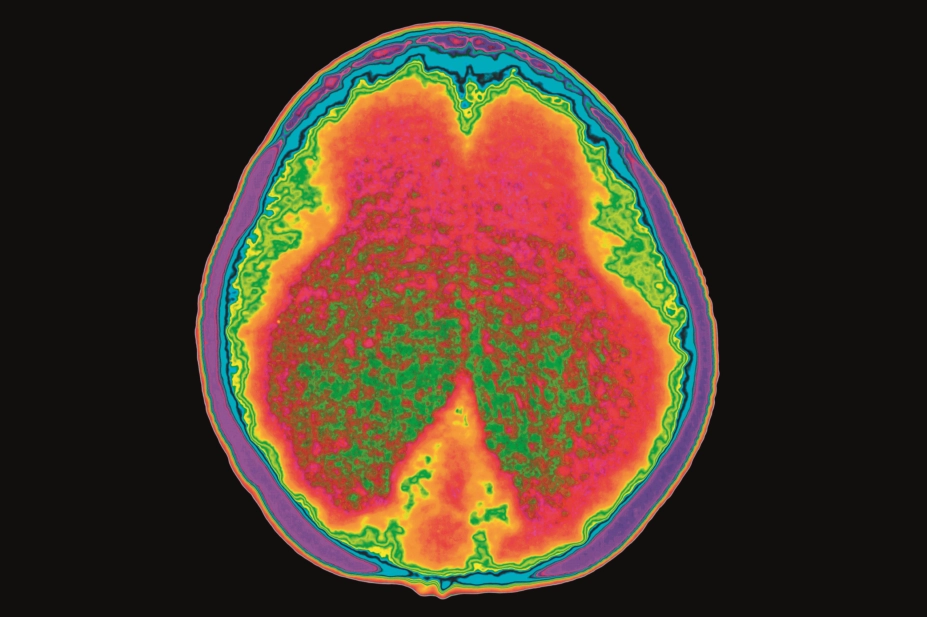
Mehau Kulyk / Science Photo Library
There are few therapeutic options for reducing raised intracranial pressure (ICP), in conditions such as idiopathic intracranial hypertension or hydrocephalus.
In a study in Science Translational Medicine (23 August 2017), researchers explored whether glucagon-like peptide-1 receptor (GLP-1R) agonists, which are used to treat diabetes and promote weight loss and are known to modulate fluid balance in the kidney, are also able to modulate cerebrospinal fluid (CSF) secretion[1]
.
Using tissue samples and cell cultures, they showed that the GLP-1R is expressed in the human and rodent choroid plexus, where CSF is produced, and can be activated by administration of the GLP-1R agonist exendin-4. Exendin-4 also reduced activity of the Na+ K+ ATPase pump, a marker of CSF secretion. Furthermore, exendin-4 administration was able to significantly lower ICP in a rat model of hydrocephalus.
Repurposing existing GLP-1R agonists could provide potential alternative treatment options for lowering ICP and warrants clinical investigation, the researchers concluded.
References
[1] Botfield H, Uldall M, Westgate C et al. A glucagon-like peptide-1 receptor agonist reduces intracranial pressure in a rat model of hydrocephalus. Sci Trans Med 2017;9:eaan0972. doi: 10.1126/scitranslmed.aan0972


